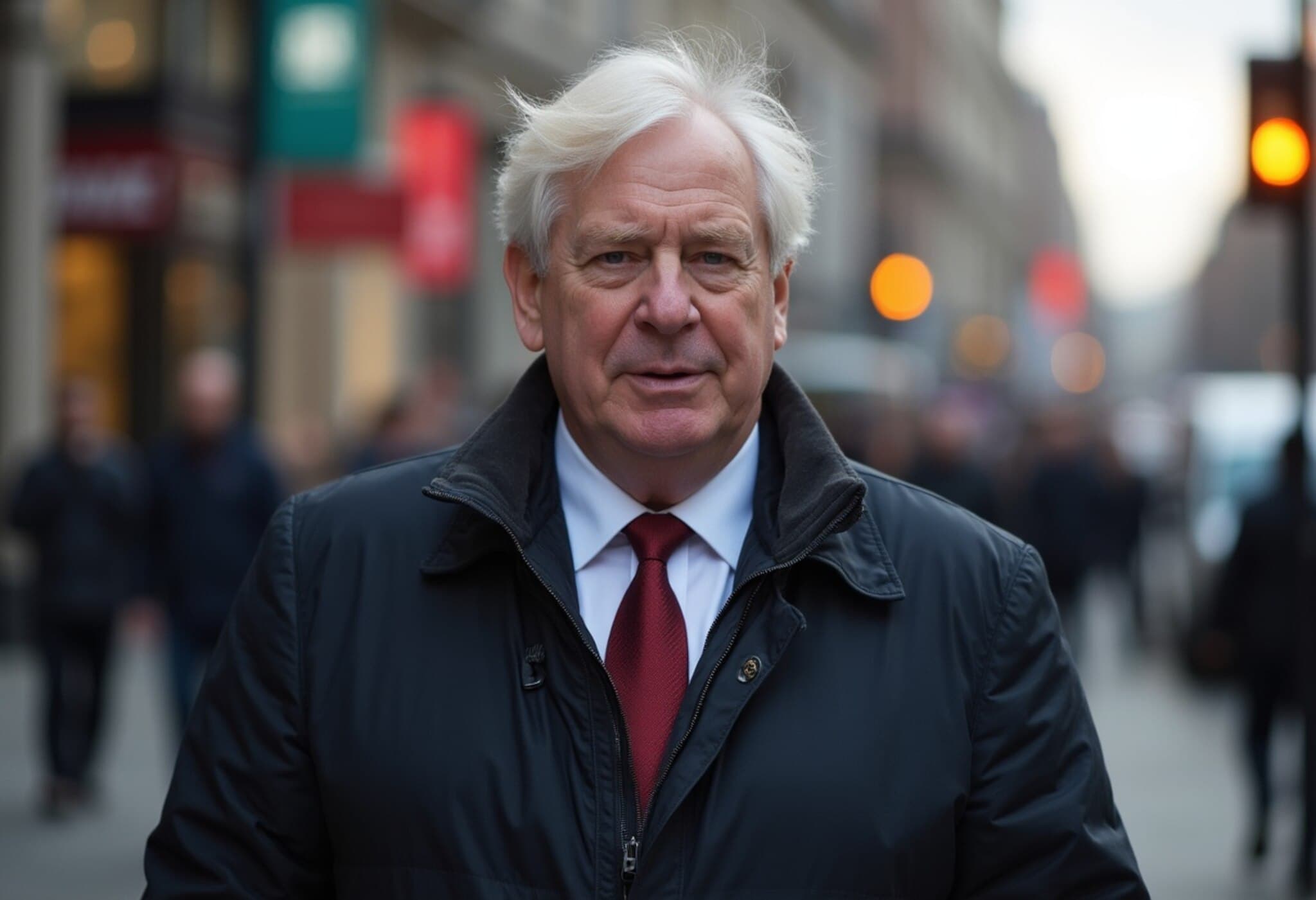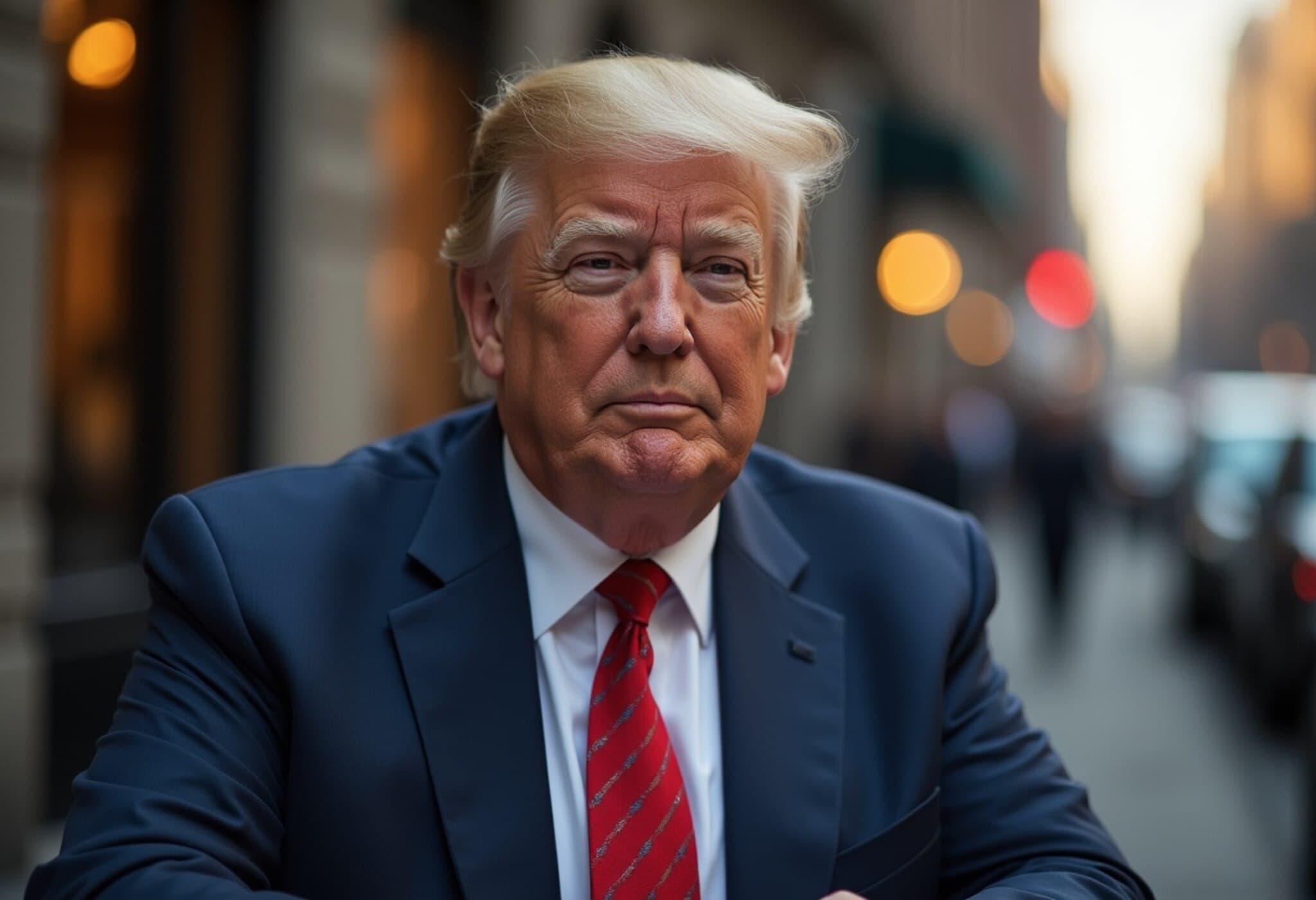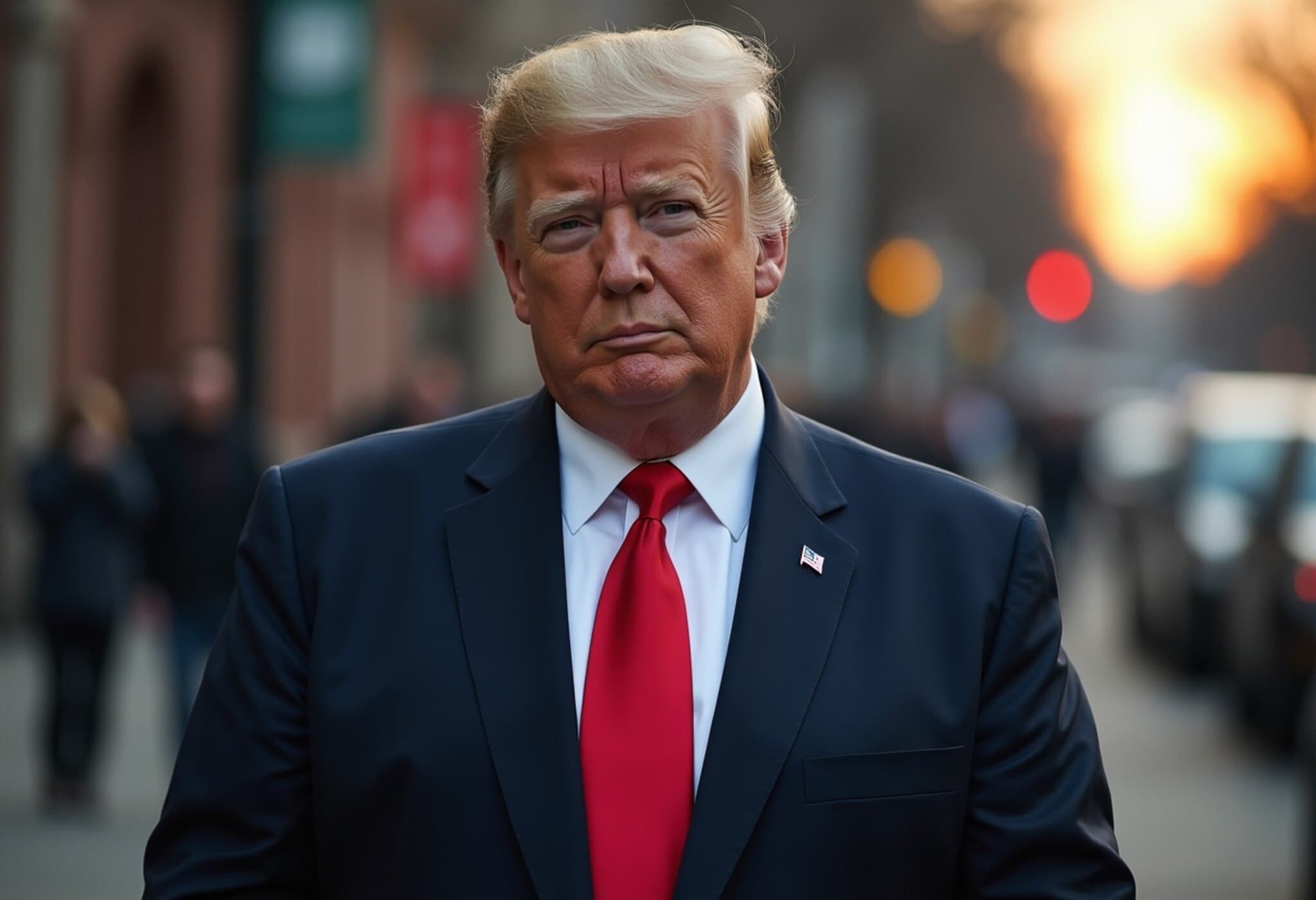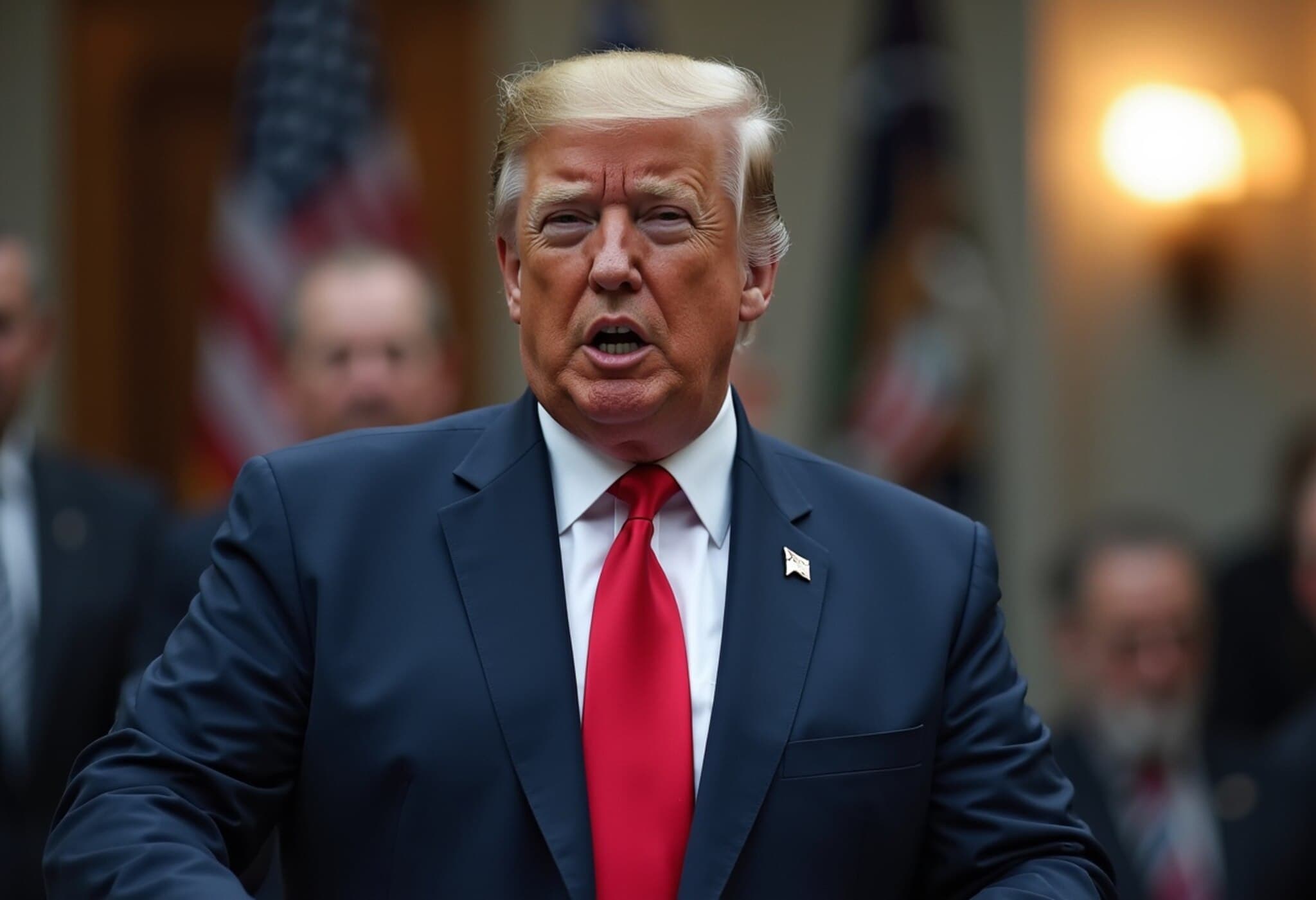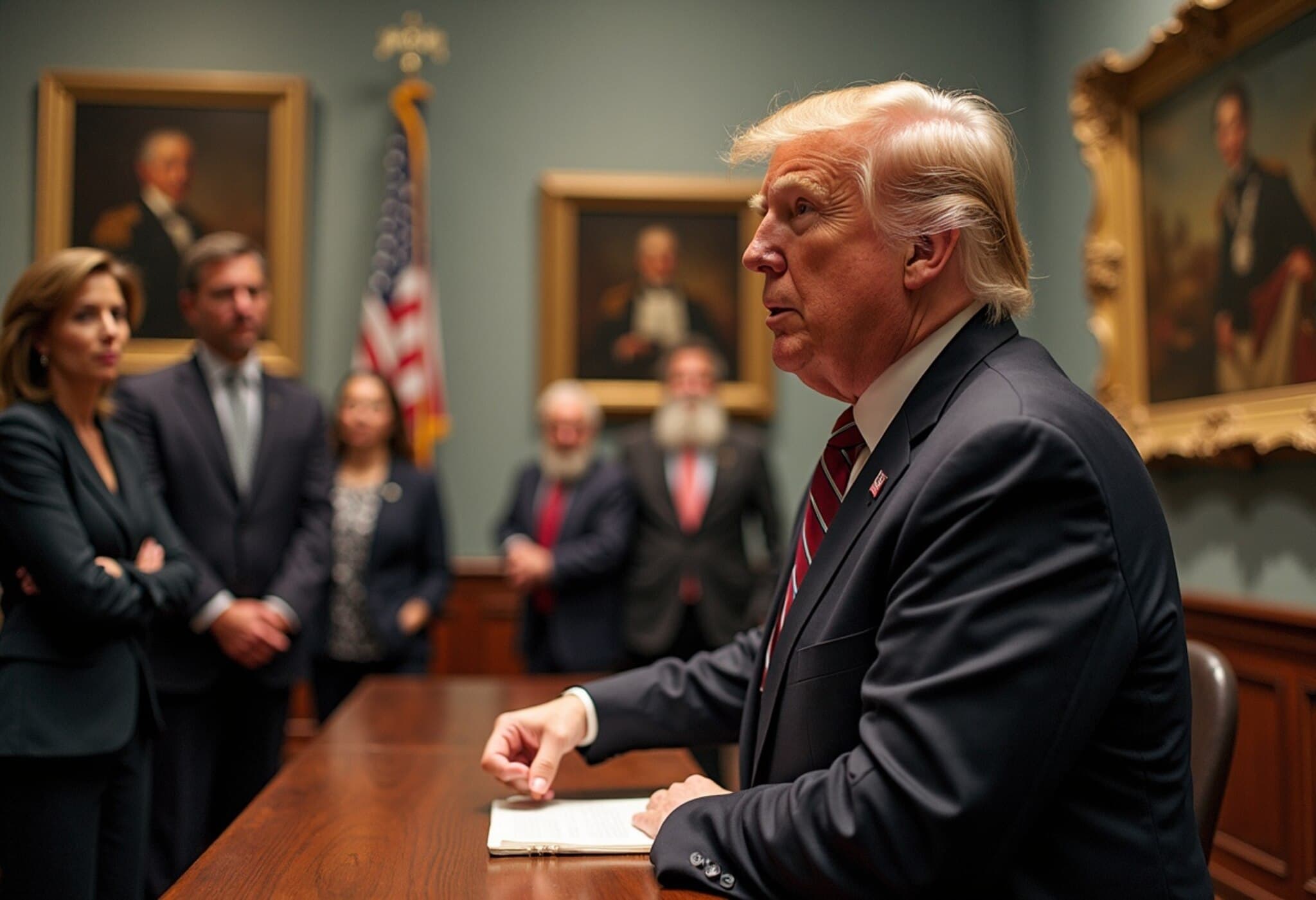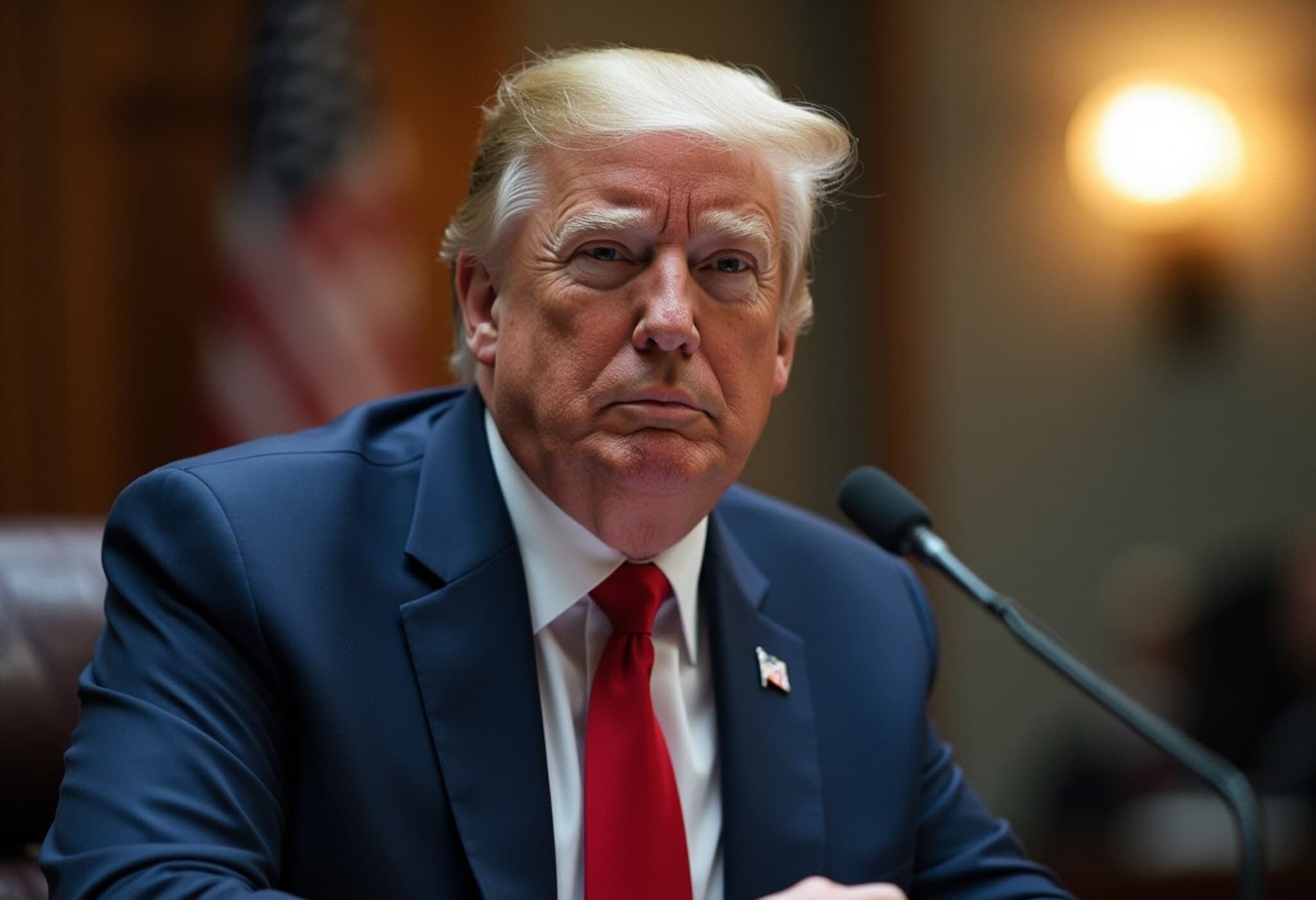Introduction: Faith Meets Immigration Enforcement
In a move stirring heated debate across political, religious, and legal arenas, the U.S. Department of Homeland Security (DHS) under Secretary Kristi Noem has launched a series of internal recruitment videos that invoke biblical scripture to frame immigration enforcement as a divinely sanctioned mission. These militaristic and highly charged videos intertwine scripture with visuals of raids and deportations, sparking widespread criticism for blurring the constitutional boundary between church and state.
The Controversial Biblical Messaging
Scripture in Service of Enforcement
One striking example features Isaiah 6:8: “Then I heard the voice of the Lord saying, ‘Whom shall I send? And who will go for us?’ And I said, ‘Here am I. Send me!’” This verse, traditionally interpreted as a call to spiritual service and sacrifice, overlays footage of DHS agents executing raids and transporting migrants. Another video employs Proverbs 28:1: “The wicked flee when no one pursues, but the righteous are as bold as a lion.” Positioned alongside enforcement visuals, critics argue it implicitly casts migrants as the “wicked” and agents as champions of righteousness, effectively sanctifying deportations.
Religious Leaders and Civil Rights Advocates Push Back
Faith leaders from diverse denominations have rejected this co-optation of scripture. Rev. William Barber condemned the campaign as “blasphemous,” while Rabbi Danya Ruttenberg described it as “a dog whistle dressed as a sermon.” Muslim civil rights advocate Linda Sarsour succinctly stated, “When you put the Bible behind a badge, you’re not protecting faith—you’re hijacking it.” The Interfaith Alliance’s Guthrie Graves-Fitzsimmons labeled the campaign “a confession of moral bankruptcy,” emphasizing that just policies should never require divine justification.
Legal and Constitutional Concerns
Legal experts warn that DHS’s approach potentially violates the Establishment Clause of the U.S. Constitution, which forbids government endorsement of religion. Scholars underscore that using scripture to promote government policy risks eroding the secular foundations of American governance. So far, DHS has remained silent in response to requests for comment, while civil liberties organizations prepare legal challenges to this messaging strategy.
A Visual Revival of Settler-Colonial Narratives
Adding another layer to the controversy, one video features American Progress, a 19th-century painting emblematic of Manifest Destiny, depicting a white woman symbolizing civilization advancing westward over displaced Native Americans. The slogan accompanying it — “A heritage to be proud of. A homeland worth defending.” — evokes settler-colonial narratives that link historical expansionism with contemporary border enforcement.
Dr. Miguel de la Torre, a theology and ethics professor, critiques the campaign as “repackaging Manifest Destiny with HD drones and a Bible verse,” highlighting the troubling continuity of exclusionary ideology carried into modern policy rhetoric.
The Noem Doctrine: Ideology and Immigration Enforcement
Since her Senate confirmation in January 2025, Secretary Kristi Noem has steered DHS toward hardline immigration policies aligned with the Trump administration’s agenda. Noem, known for her conservative evangelical ties and rejection of COVID-19 mandates under the banner of personal freedom, has accelerated deportations and rolled back Biden-era immigration protections.
Her personal brand resonates with the religious overtones seen in DHS communications, reinforcing a narrative that casts border security as not only a political priority but a divine imperative. Analysts interpret this ideological framing as aimed at energizing the conservative base in anticipation of the 2026 midterm elections.
Political Strategy Behind the Divine Narrative
The timing of the Bible-verse videos suggests a calculated political move. With immigration back in the national spotlight amid surging deportations, the campaign appears designed less for internal morale and more to signal strength to evangelical and conservative voters.
By elevating DHS agents as righteous actors on a moral crusade, the administration reframes deportations from policy choices into sacred duties — a shift that deeply divides public opinion. Conservative commentators hail the videos as inspiring and motivational, while progressive voices warn of dangerous theocratic propaganda disguised as recruitment.
Leaked internal communications indicate that these videos were produced by DHS's Office of Public Affairs without consultation from any religious advisory board, underscoring the politicized nature of the messaging rather than a genuine faith-based initiative.
Implications for Church and State Separation
This development raises critical questions about the separation of church and state in 21st-century America. When government agencies harness religious texts to justify policy, it risks alienating diverse populations and undermining trust in secular governance. Moreover, it challenges the pluralistic fabric of the nation by equating allegiance to a specific faith tradition with patriotism and national security.
Looking ahead, legal battles and public discourse will likely shape how far such ideologically infused messaging can go before facing constitutional pushback. The DHS campaign serves as a poignant example of the ongoing cultural and political battles over immigration and national identity.
Conclusion: A Complex Intersection of Faith, Policy, and Politics
The Trump-era DHS videos spotlight a highly charged fusion of religion and state enforcement that reverberates beyond immigration policy into the broader debates about American values and constitutional principles. This blending of sacred language with contentious policy illuminates the challenges of maintaining religious neutrality in a deeply polarized political landscape.
As the nation grapples with its immigration future and the role of faith in public life, this episode urges citizens and policymakers alike to scrutinize how moral narratives shape governance—and who ultimately gets to be deemed 'righteous' in the eyes of the law.
Editor's Note
In reframing immigration enforcement through biblical scripture and settler-colonial imagery, the DHS’s latest campaign provokes urgent reflection on the balance between faith and government. Readers are invited to consider how such narratives influence public perception, legal standards, and the lived experiences of migrants. As debates intensify, will America reaffirm its commitment to religious neutrality or witness a new fusion of theology and policy that redefines national identity?


